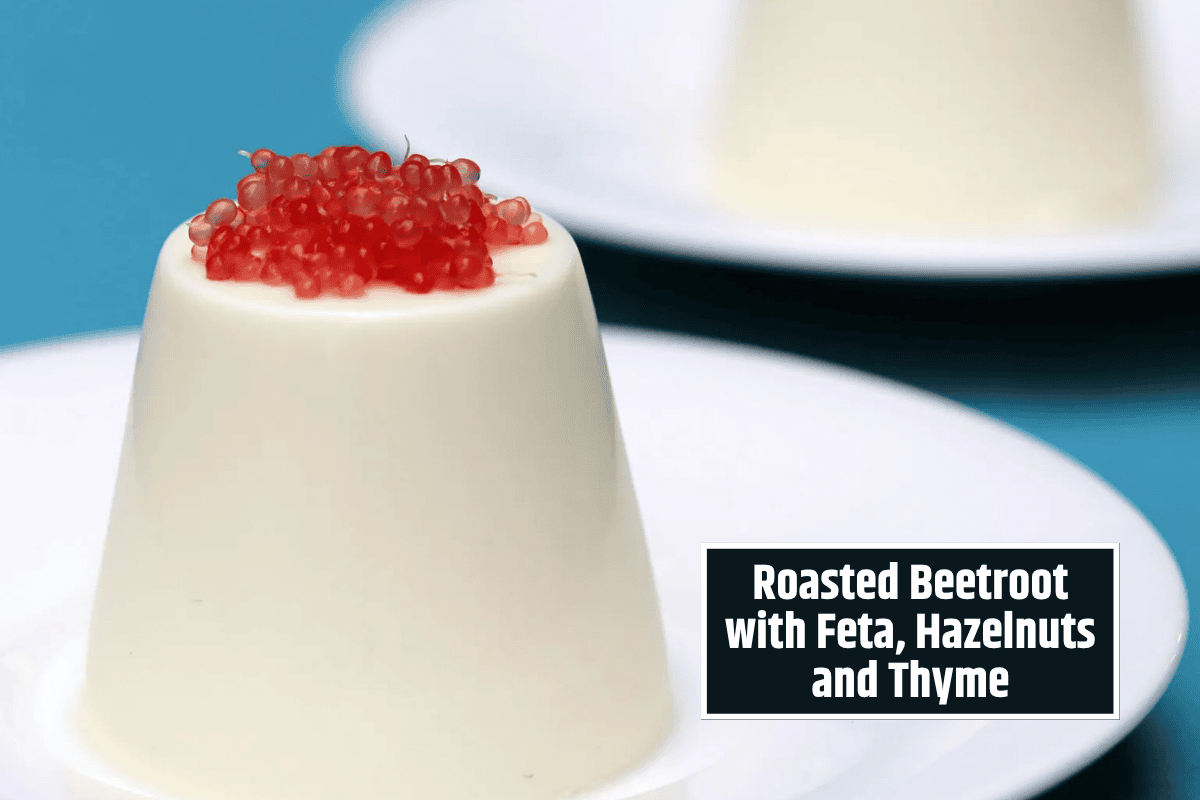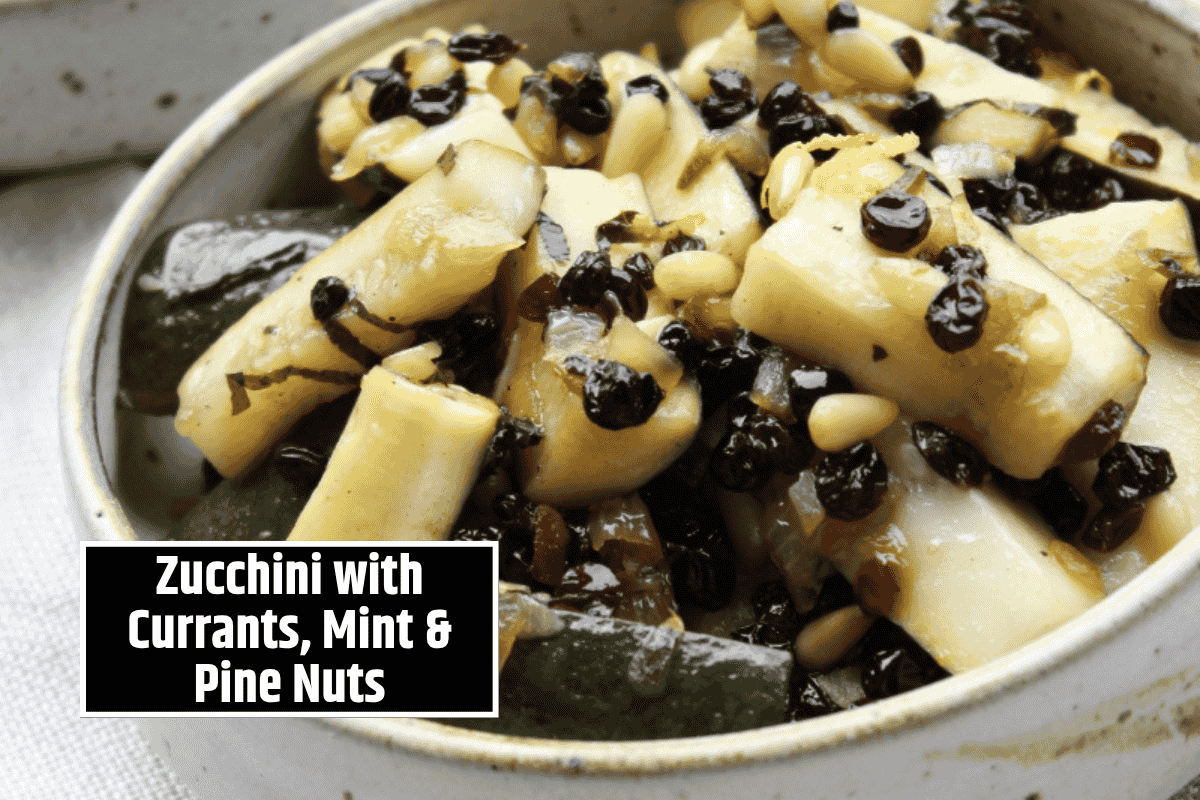Once you make hummus from scratch, it’s hard to go back to store-bought versions. It’s so easy to make, incredibly tasty, and packed with nutrients. At my place, it’s a staple, and we enjoy it in many different ways, especially since we love the flavors of Mediterranean and North African cuisine.
Hummus has a rich history—according to the Encyclopedia of Jewish Food, the earliest recipes for hummus-like dishes date back to 13th century Cairo, making it an ancient food with many regional variations. However, the basic ingredients remain the same: chickpeas, tahini, olive oil, lemon juice, garlic, and salt.
There are countless variations of hummus, but I’ve found a version that perfectly suits my taste. I prefer my hummus with just a hint of garlic, using only one clove, as I’ve found some recipes with as many as three or four cloves! If you’re a garlic lover, feel free to add two cloves, but I suggest not using more as it might overpower the dish.
You can adjust the tahini and lemon juice to your liking, though I always recommend using a good amount of lemon juice to balance the richness of the other ingredients.
Ingredients
- 2 x 400g tins of chickpeas (preferably organic)
- Juice of 1 medium lemon
- 1 clove garlic
- 6 tablespoons olive oil
- 1 teaspoon salt
- 4 tablespoons water
- 1 tablespoon tahini
Method
- Prepare the Ingredients:
Drain and rinse the chickpeas from the cans. You can also peel the skins off for a smoother texture, but this is optional. - Blend the Hummus:
In a food processor, combine the chickpeas, lemon juice, garlic, olive oil, salt, water, and tahini. Blitz everything together until well combined. If you prefer your hummus with some texture, pulse it a little less. For smoother hummus, blend it for longer until it reaches your desired consistency. - Taste and Adjust:
Taste the hummus and adjust the ingredients as needed. If you like it tangier, add more lemon juice. For a creamier texture, add more olive oil or tahini. - Chill and Serve:
Transfer the hummus to a serving bowl and keep it in the fridge until you’re ready to serve. It’s best served chilled.
Serving Suggestions
Hummus is versatile and can be served in many ways. I love to serve it with fresh, crisp vegetables like cucumber, carrot sticks, and bell peppers, along with some flatbread or Turkish bread on the side.
For a little extra flair, drizzle a bit more olive oil over the top, or garnish with paprika, chopped coriander, toasted pine nuts, a swirl of harissa, or finely chopped chilli for a kick.
Making hummus at home is an easy and rewarding experience that brings out the full, rich flavors of this ancient dish. With just a few simple ingredients, you can make a delicious, healthy snack that is perfect for any occasion.
Whether you enjoy it as a dip with vegetables or as part of a larger spread, homemade hummus is sure to be a hit in your kitchen. Plus, you can adjust the ingredients to suit your personal taste and dietary preferences, making it the perfect addition to any meal.
FAQs
Can I use canned chickpeas for hummus?
Yes, using canned chickpeas is perfectly fine and saves time. Just be sure to drain and rinse them well before using.
How long can I store homemade hummus?
Homemade hummus can be stored in the fridge for up to 4-5 days. Be sure to cover it tightly to maintain its freshness.
Can I make hummus without tahini?
Yes, you can skip the tahini if you prefer. Substitute it with extra olive oil or even Greek yogurt for creaminess.
Can I freeze homemade hummus?
Yes, hummus can be frozen for up to 3 months. Just store it in an airtight container and thaw in the fridge when ready to use.
How do I make hummus smoother?
For smoother hummus, blend it for a longer time or add a little more olive oil or water to achieve the desired consistency.









